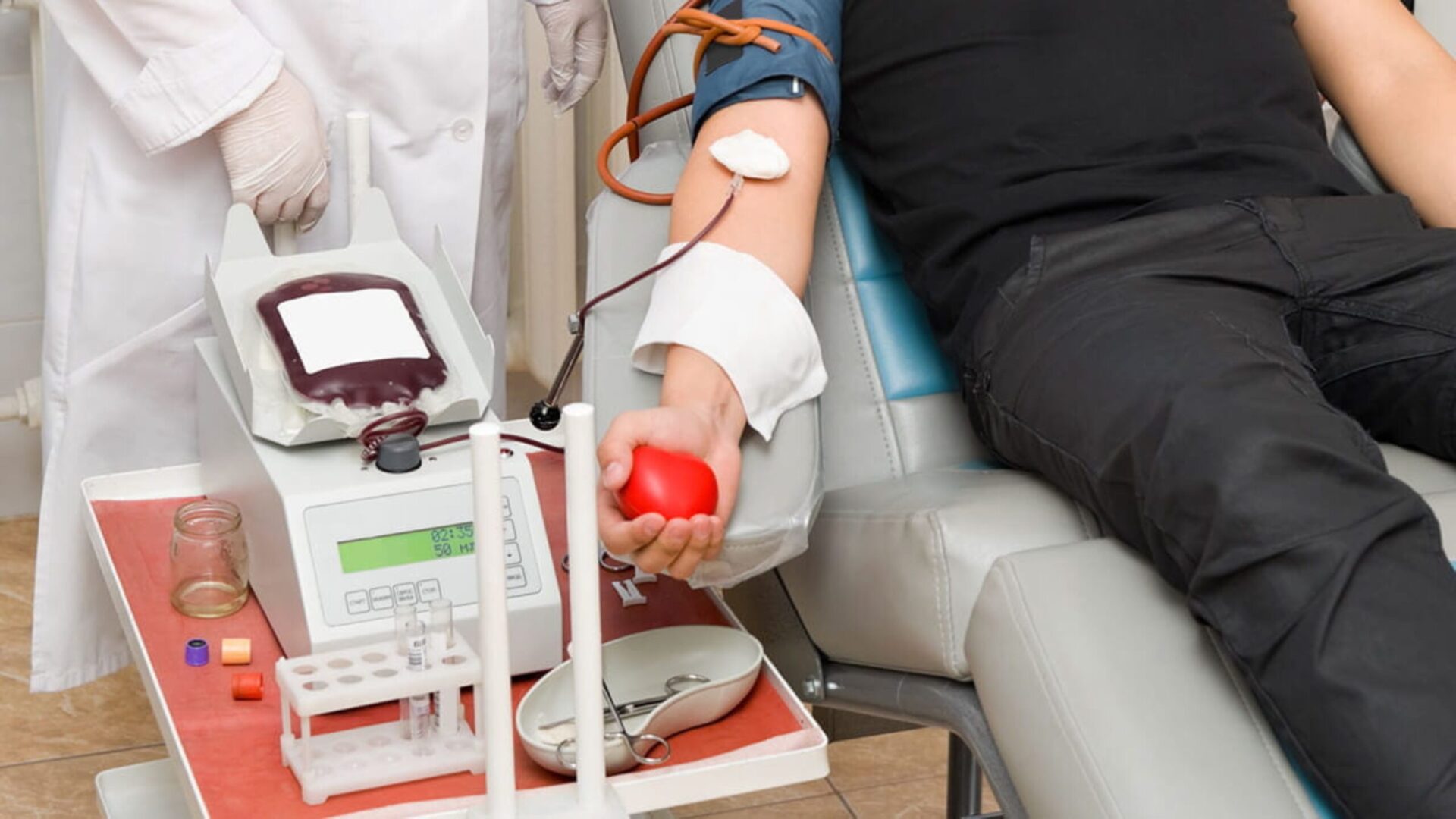World Blood Donor Day (WBDD) is commemorated every year on June 14th around the world to promote awareness about the importance of blood donation and to honor volunteer, unpaid blood donors for their life-saving contributions.
The World Health Organization (WHO) leads the yearly WBDD celebration.
Theme
The theme for 2024 WBDD campaign is “20 years of celebrating giving: thank you blood donors!”
World Blood Donor Day is celebrating its 20th anniversary, which is a great and appropriate occasion to honor the significant influence blood donors and patients have on one another as well as to thank blood donors worldwide for their numerous life-saving donations throughout the years.
Additionally, this is a good opportunity to address ongoing issues and advance the goal of universal access to safe blood transfusions in the future.
Objectives of WBDD 2024
- Thank and honor the millions of voluntary blood donors who have contributed to the health and well-being of people all around the world.
- Share best practices and lessons learned from national blood programmes, as well as highlight their successes and problems.
- Emphasize the ongoing need for frequent, unpaid blood donations in order to achieve universal access to safe blood transfusions.
- Promote a culture of frequent blood donation among young people and the general public, thereby increasing the diversity and sustainability of the blood donor pool.
History
- The World Health Organization initiated and established World Blood Donor Day on June 14, 2004, to commemorate the birth anniversary of Austrian-American immunologist Karl Landsteiner (1868-1943).
- In May 2005, the World Health Assembly (WHA) adopted a resolution titled “Blood safety: proposal to establish World Blood Donor Day” to commemorate the 14th of June every year.
- WBDD is recognized as an important component of the national blood donor recruiting programme.
Who is Karl Landsteiner
- Karl Landsteiner was born on June 14, 1868, in Vienna, Austrian Empire (now Austria).
- Karl Landsteiner received the Nobel Prize in Physiology or Medicine in 1930 for his discovery of human blood types.
Significance
The day also highlights the need of safe blood, such as red blood cells (RBC), white blood cells (WBC), and blood products, which include any therapeutic substance generated from human blood, plasma-derived medical goods, and so on.

